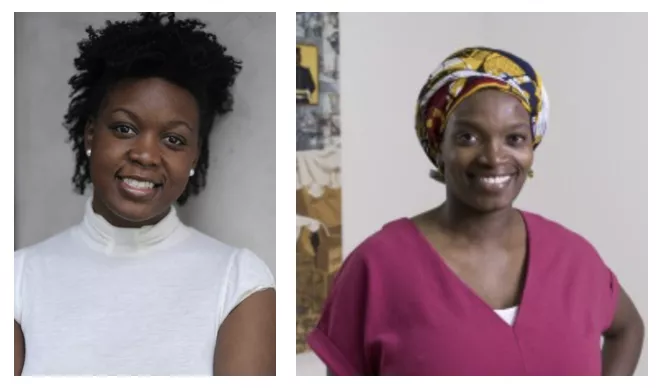“Religion in America's Story of Racial Justice”
Shreena Gandhi ’01, professor of the religious studies department at Michigan State University and Cheryl Sanders ’74, professor of Christian ethics at Howard University and senior pastor of the Third Street Church of God in Washington, D.C., discuss why an understanding of structural white supremacy is required to understand religion in America; the appropriation of minority cultures and religions; and the contradiction of a Christianity that finds salvation in the Cross but consents to the suffering of racial injustice.
"Health Policy, Ethics, and Equity"
What is the impact of experiences of racial profiling, surveillance, and deportation on immigrant well-being? As life expectancy in rural white communities declines, what are the differences in communities' beliefs about our rights and freedom, and which health policies they will embrace? Dr. Carolyn Rouse '87, professor and chair of the Department of Anthropology at Princeton University, and Dr. Maria-Elena De Trinidad Young '04, assistant professor of public health at the University of California, Merced, answer these questions and offer insights from their fieldwork and research.
"Intersections of Race, Art, Culture, and Academia"
Khadijah Costley White '04, professor of journalism and media at Rutgers University, and Njideka Akunyili Crosby '04, photocollage artist and a recent recipient of the prestigious United States Artists (USA) fellowship, share insights about how racial identity impacts how they navigate their respective spaces and the work they produce. Against the backdrop of our current political moment, White and Crosby reflect upon the roles of media and art as amplifiers of (in)justice and the complexity of our contemporary experience.
The recording and transcript for this event are no longer available.

“Unlearning our Learning: Challenges, Change, & Future Directions for Equity and Justice in Education”
The assault on the Capitol amidst our current political crisis, along with the pandemic, have only further emphasized the need to address equity and racial justice within the classroom. Covid-19 has exacerbated pre-existing inequality along lines of race, class, and disability status. As the new Biden administration takes office, Christopher Edley '73 and Jonathan Glater '93, two of the leading experts in the field of education, walk us through their hopes for meaningful steps forward in K-12 education and beyond.
“Interrupting the Impact of Racism on Health”
It's now becoming widely understood that racism is bad for your health. In this talk, journalist, activist, and former doula Miriam Zoila Pérez ’06 explains the physiology behind why racism makes people of color sick and what we know about the interventions that can ameliorate these impacts. They bring a focus on race and health disparities in pregnancy and birth, but the lessons apply widely across health and population.
"The Power Behind the Count: The Census & Representation"
Hansi Lo Wang ʼ09, a national correspondent for NPR, shares insights from his experience reporting on the people, power, and money behind the 2020 census. The census carries ten years’ worth of consequences, and it has been complicated by the pandemic, controversial political appointments by the Trump administration, and last-minute scheduling changes that risk serious errors in the count. Hansi shares what he learned from census workers and the communities who fear their voices won’t be heard.
"Racial Justice: Activism & Art"
Artist-in-Residence for ACLU of southern California Audrey Chan ’04 discusses how creating and curating art provides opportunities to bring power and dignity to communities and their stories.



